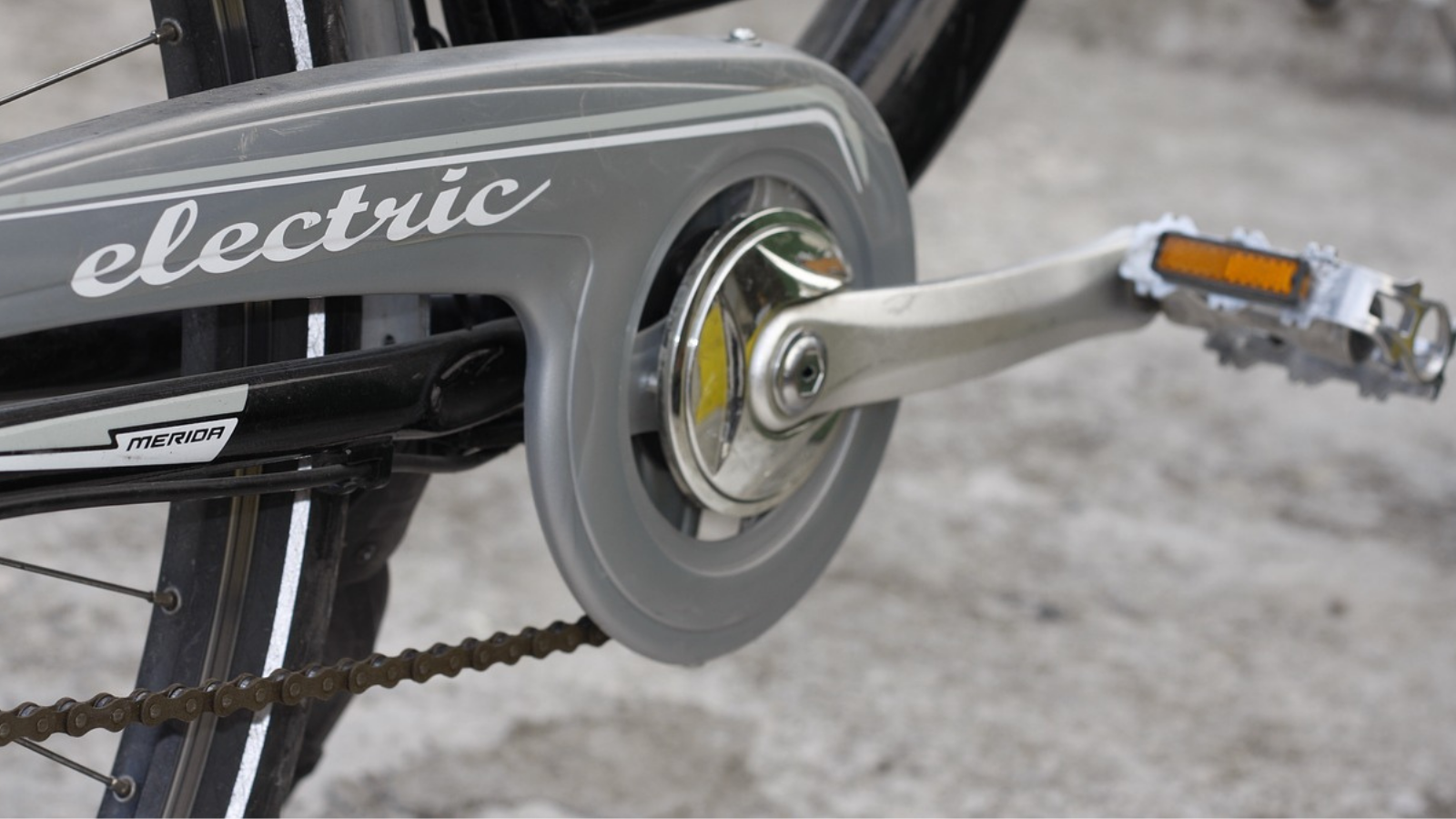Electric vehicles receive rebates. Why don’t e-bikes?
As COVID-19 has pushed people away from public transit, electric bike sales are booming. We should incentivize essential workers and other prospective e-bike purchasers by subsidizing this 21st century transportation option.

Every day at 5:30 a.m., I ride my bike four-and-a-half miles to Boston Children’s Hospital with my wife, who works there as a nurse. On these quiet morning rides, I often look around at the other commuters in the pre-dawn hours. A theme I’ve noticed – almost all of them are essential workers.
While many of us are lucky enough to work from the safety of our homes, scrubbed-up nurses, neon-vested construction workers and apron-adorned grocery store staff have continued clocking in. For the past seven months, these essential workers have kept the nation going and many of them have started using bikes to get to work.
Through the pandemic, fitness tracking app and bikeshare data shows bicycle ridership has steadily increased in cities across the country. Additionally, e-bike retailers have reported huge sales spikes. In some instances, sales have tripled over last year, as more commuters choose bicycling instead of public transit to ease COVID-19 safety concerns.
The surge in interest coincides with recent lithium-ion battery improvements, which have lowered e-bike costs while increasing power. In three years, an estimated 40 million e-bikes will be sold each year worldwide, according to projections by Statistica.com.
As we move through the COVID-19 crisis, policymakers should not simply accommodate bike commuting, but actively encourage it. By expanding electric vehicle rebate programs to include e-bikes, states can make a huge step towards cleaner, healthier and more equitable transportation networks.
As evidenced by electric vehicle subsidies, financial incentives can speed up the adoption of new transportation technology. In particular, tax credits were critical in helping cost-sensitive buyers purchase lower-priced EVs. The same could be done for e-bikes.
Along with improved health, e-bikes are easier on people’s wallets. As a result of lower maintenance, fuel and insurance costs, owning an e-bike is vastly cheaper – we’re talking thousands of dollars over just a few years – than owning a conventional vehicle.
Subsidizing e-bikes would also pair nicely with long-overdue investments in safe, multimodal transit infrastructure that the U.S. so desperately needs. Biking and walking deaths are often the result of unsafe infrastructure. Unsurprisingly, when people perceive that an activity – like biking – is likely to threaten their safety, they are less likely to do it.
Getting more commuters out of pollution-producing cars and onto clean-running e-bikes would reduce the level of many harmful street-level emissions. Reducing the air pollution caused by cars would also decrease the growing list of health problems – such as asthma, lung disease, and premature death, especially in children, teens and the elderly – that we are seeing across the country.
Encouraging a societal shift in the way we perceive bike commuters is critical to making this vision a reality. Supporting the adoption of e-bikes has the potential to elevate bicycling out of the realm of low-income or hyper-eco-conscious ridership to the level of cool, fun and financially efficient riders from all walks of life. Similar to the way Tesla has become synonymous with desirability and cutting-edge chique, we have the power to present e-bikes as a functional and appealing way to get to work. This will entice Americans of every background to embrace one of the brightest transportation technologies of the future: e-bikes.
Very rarely are we given an opportunity to hit the lifestyle reset button. Although the COVID-19 pandemic has caused immense suffering, pain and heartache, it may also be the perfect reason for our society to reevaluate our transportation patterns.
Let’s support our essential workers and those Americans looking to live healthier, environmentally friendly lives by providing e-bike buyers with a tax credit nationwide.
Topics
Authors
John Stout
Find Out More

A threat to federal climate investment: Highway boondoggles

Important wins for Texas consumers this legislative session

America needs a “roads review”


